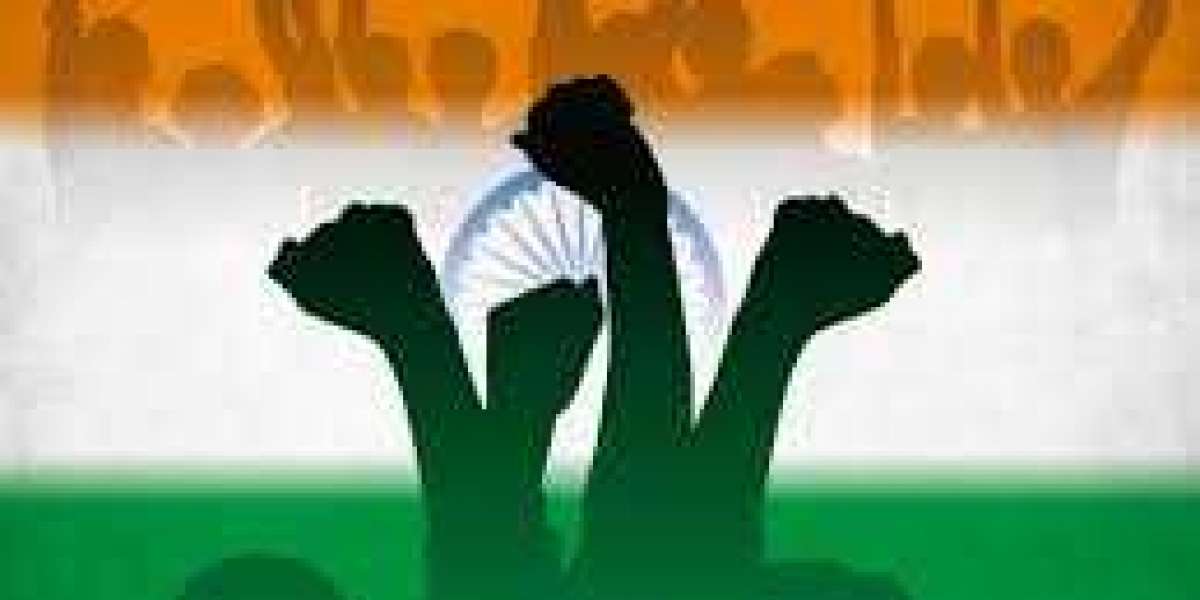India is known as the world’s largest democracy with a population of over 135 crores. Since its independence in 1947 India has maintained this character and ideals which support democracy enshrined in the constitution. The hopes and aspirations of the people are reflected in the preamble declaring India to be a sovereign, socialist, secular and democratic republic. The objectives stated by the Preamble are to secure justice, liberty, equality to all citizens and promote fraternity to maintain unity and integrity of the nation.
Promoting and exercising equality in the state is given prime importance in a democracy. When the state gives each adult person a right to vote, with each and every vote carries equal importance, the state removes any kind of barriers to equality such as gender, caste or economic status. Without this, a country can’t be called a workable democracy.
Despite this, a diverse country of such an astronomical population is bound to have problems in exercise of democracy. Like in the past, India even today faces challenges to uphold its democratic status.
Newly independent India had before it the challenge to establish democracy
India adopted representative democracy based on the parliamentary form of government. These features ensure that the political competition would take place in a democratic framework. A democratic constitution is necessary but not sufficient for establishing a democracy. The challenge was to develop democratic practices in accordance with the Constitution. Our leaders were conscious of the critical role of politics in any democracy. They did not see politics as a problem; they saw it as a way of solving the problems.
It was now necessary to install the first democratically elected government of the country. It was not just the size of the country and the electorate that made this election unusual. The first general election was also the first big test of democracy in a poor and illiterate country. Till then democracy had existed only in the prosperous countries, mainly in Europe and North America, where nearly everyone was literate. By that time many countries in Europe had not given voting rights to all women. In this context India’s experiment with universal adult franchise. Opposition was necessary, but despite the conduct of democratic elections the opposition was only of a token representation and politics was largely in the hands of the congress.
Since then politics has evolved and so has the challenges to democracy. Today the country faces completely different challenges to its democratic character.
- Corruption and Inefficiency of political leaders result in lack of trust of the citizens and affects working of democracy.
- Anti-social elements during elections force or bribe people into voting for specific party.
- Socio-economic inequalities amongst people makes democracy different for different sects. While everyone ‘enjoys’ democracy, it would be ignorant to say that all bear the fruits of it equally too. Everyone may have the right to vote but only the rich possess the resources to contest.
- Caste and communalism affects both the party propaganda and electorate behaviour of voting. People especially from lower castes vote for parties which claim to uplift social status of the lower castes. Power hungry parties too set aside real problems and shift focus to politics of caste for their own interests.







